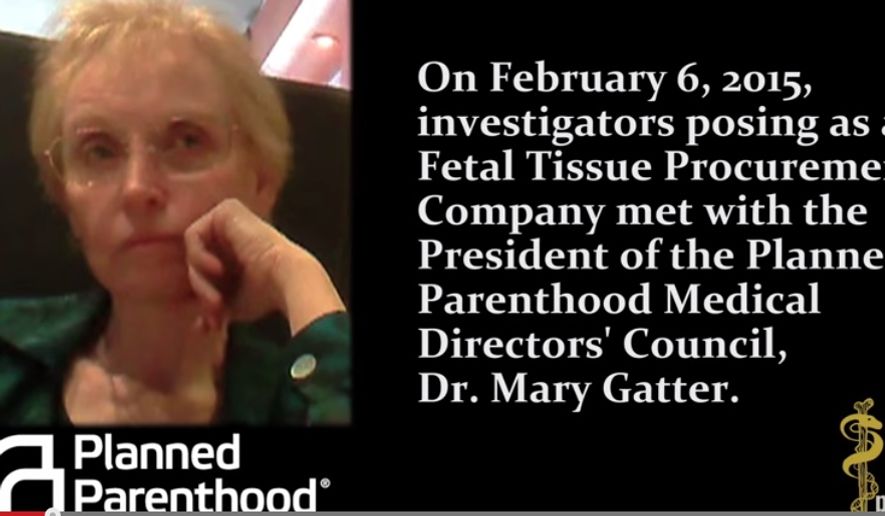SAN FRANCISCO (AP) — Recordings secretly made at an abortion association’s meetings do not show evidence of criminal activity — but could put the association’s members at risk, a federal judge said Friday, citing the recent shooting at a Colorado Planned Parenthood clinic.
U.S. District Judge William Orrick made the comments during a hearing over the National Abortion Federation’s (NAF) request for a preliminary injunction that would continue to block the release of the recordings by the Center for Medical Progress (CMP).
Judge Orrick did not immediately issue a ruling.
He previously issued a temporary restraining order blocking the recordings, pending the outcome of the preliminary injunction hearing.
The CMP has released several secretly recorded videos that it says show Planned Parenthood employees discussing selling fetal tissue for profit, which is illegal, as well as other potentially criminal acts, like adjusting an abortion to obtain valuable fetal organs.
Planned Parenthood says it abides by laws governing fetal-tissue donation, including one that allows providers to be reimbursed for the costs of processing tissue donated by women who have had abortions.
SEE ALSO: David Daleiden, abortion fetal tissue video producer, faces lawsuit over privacy rights
The videos have led to state and congressional investigations, and fueled discussion in Congress and in states about cutting off funding for Planned Parenthood.
The NAF filed a lawsuit in July, saying members of the CMP infiltrated its meetings and recorded its members. The federation says public release of any audio or video would put members in danger.
Judge Orrick seemed to agree, saying doctors who have appeared in videos released by the center have received death threats. He also cited suspected arson at abortion clinics, and the November shooting at the Colorado Springs Planned Parenthood clinic that left three people dead and nine wounded.
Catherine Short, an attorney for the CMP, said there was no evidence the Colorado shooter was motivated by the group’s videos or that doctors have been directly threatened.
Release of the undercover recordings is vital to furthering public discussion about topics such as whether the country’s abortion laws are too loosely written, she said.
The center says in court documents its work is the equivalent of investigative journalism and protected by the First Amendment.
“It’s beyond dispute that this material is of significant public interest,” Ms. Short said. “I don’t think this court should be saying the public can’t handle the truth.”
The NAF says the recordings violate agreements the center entered into not to make such recordings of any meetings or discussions at the federation’s conferences and not to disclose information learned at its conferences to any third party without first obtaining the federation’s consent.
“Here clearly, our expectation was that we were creating a safe place for our people to dialogue and learn and address problems,” said Linda Shostak, an attorney for the NAF.
Ms. Shostak said evidence of a crime might trump the confidentiality agreements, but there was no such evidence in the recordings.
Thomas Brejcha of Thomas More Society and an attorney for CMP and its project leader David Daleiden, said NAF’s lawsuit seeks to impose “a court-ordered veil of secrecy over the evidence of criminal misconduct in baby parts trafficking which Daleiden uncovered and captured on video and audio tape at NAF conventions, as uttered by NAF members and convention attendees.
“Thus the true aim of NAFs lawsuit is not justice, but rather the obstruction of justice,” Mr. Brejacha said in a statement.




Please read our comment policy before commenting.